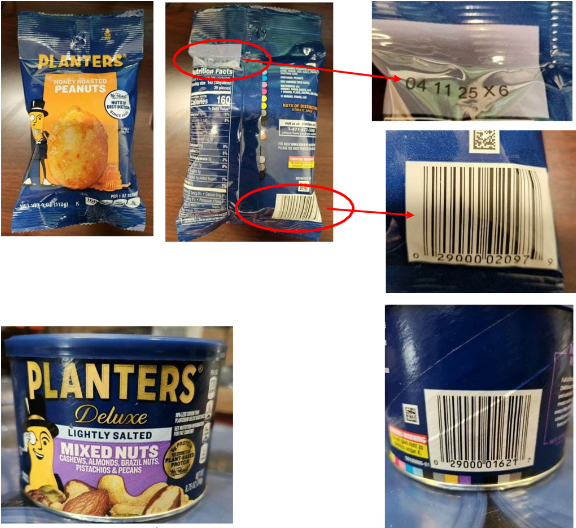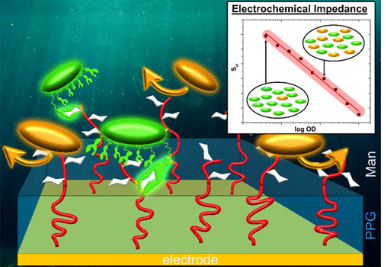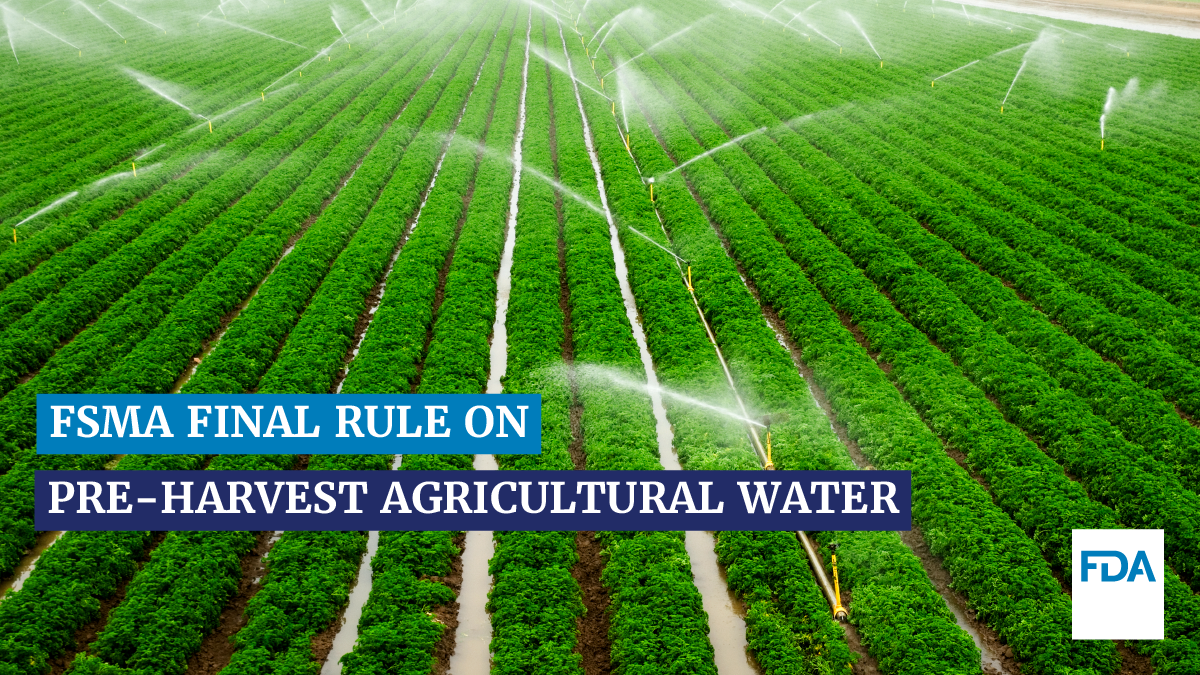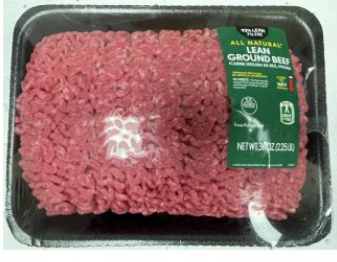Hormel Foods Sales, LLC recalled a limited number of two PLANTERS® products produced at one of its facilities in April. This recall only impacts two retailers in five states. These products are being recalled because they can potentially be contaminated with Listeria monocytogenes. The products were shipped to Publix distribution warehouses in Florida, Georgia, Alabama, and North Carolina, as well as to Dollar Tree distribution warehouses in South Carolina and Georgia. The recalled product is limited to 4 oz. packages of PLANTERS® Honey Roasted Peanuts and 8.75 oz cans of PLANTERS® Deluxe Lightly Salted Mixed Nuts. There have been no reports of illness related to this recall, and all retailers that received the affected product have been properly notified. @ https://www.fda.gov/safety/recalls-market-withdrawals-safety-alerts/hormel-foods-sales-llc-recalls-limited-number-plantersr-honey-roasted-peanuts-4-oz-and-plantersr




